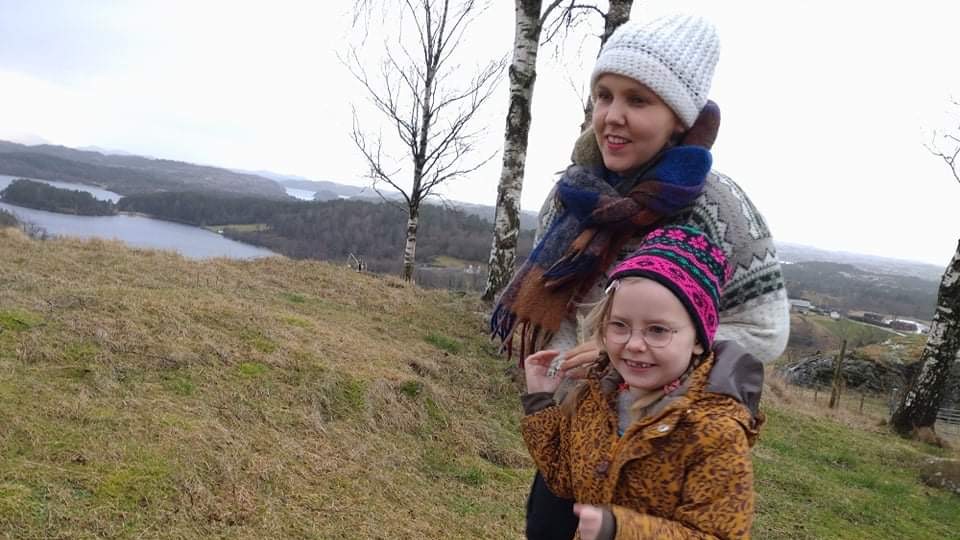Everyday conversations
On this website we have a special interest in everyday conversations that are spontaneous, or unplanned – the ones we have every day in all kinds of everyday situations.
In kindergarten and school, these conversations can be about natural science as we go for walks, or simply observe the nature around us. Imagine a walk in any environment or the exploration of any device related to natural science by a group of kindergarteners or primary school students. The children will comment on their observations and thus give initiatives to a conversation that the adult can respond to, or the adult can observe something and try to initiate a conversation by asking a question or making a comment. The initiative in the conversation we investigate can thus come from the child, or alternatively it may be taken by the teacher. The point is that the initiative taken to a conversation is not pre-planned, and it is often triggered by observations and subsequent wondering, and maybe also spontaneous suggestions for explanation.
It goes without saying that there are some challenges associated with such everyday conversations. In most cases, the adult will have many initiatives from the children to respond to, and there are many other non-verbal cues that must be taken into consideration. Still, the situation where the children and adults can observe something together and talk about it can be very valuable.
Other labels for the unplanned conversations
On this website we focus on the unplanned conversations. Other concepts used for this kind of conversations include incidental talk, spontaneous or informal talk. The unplanned conversations are the counterpart of conversations where the adult has planned to take an initiative and talk to a child or a group of children about a certain issue. Most classroom conversations taking place in school fall into this category. Those kinds of talk are labelled planned, not spontaneous, intentional, or formal talk.

